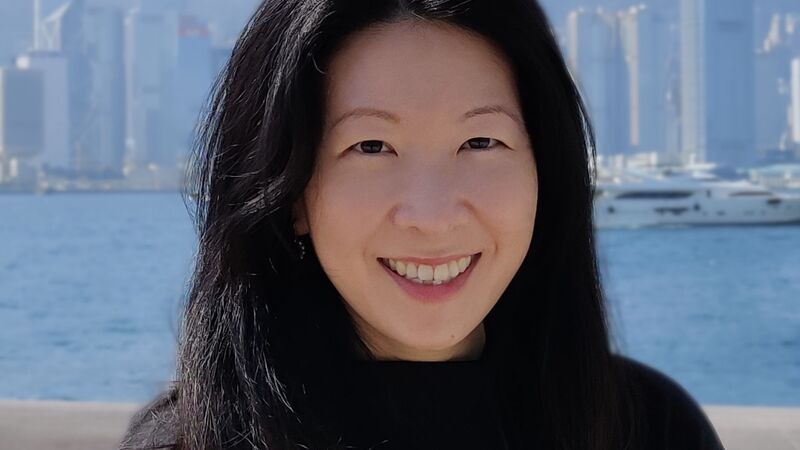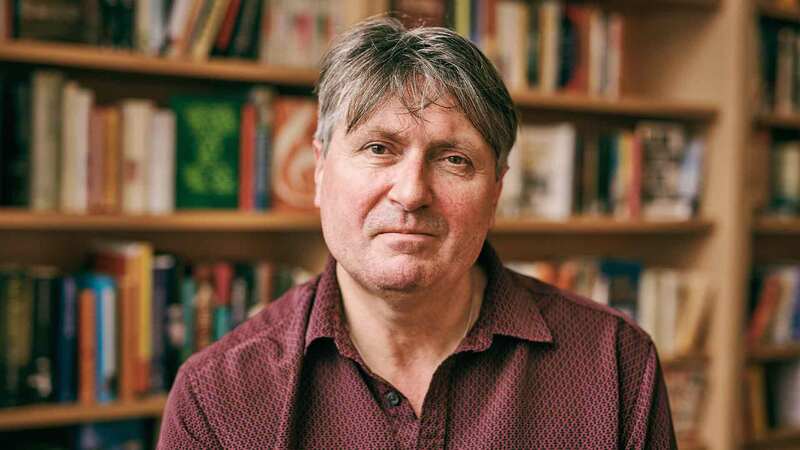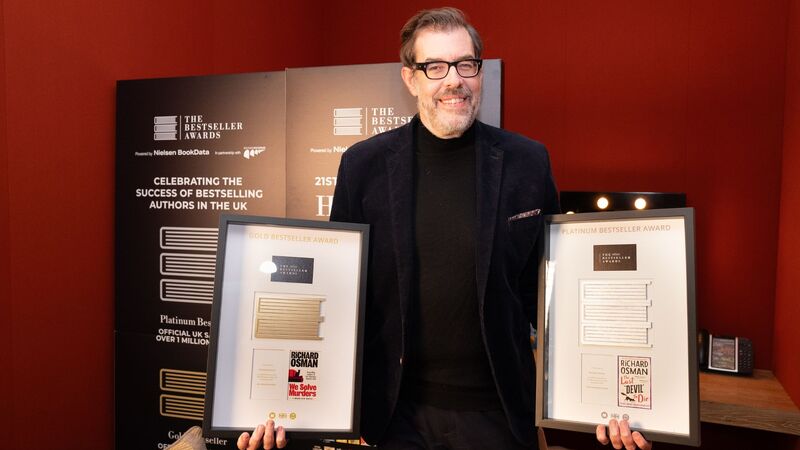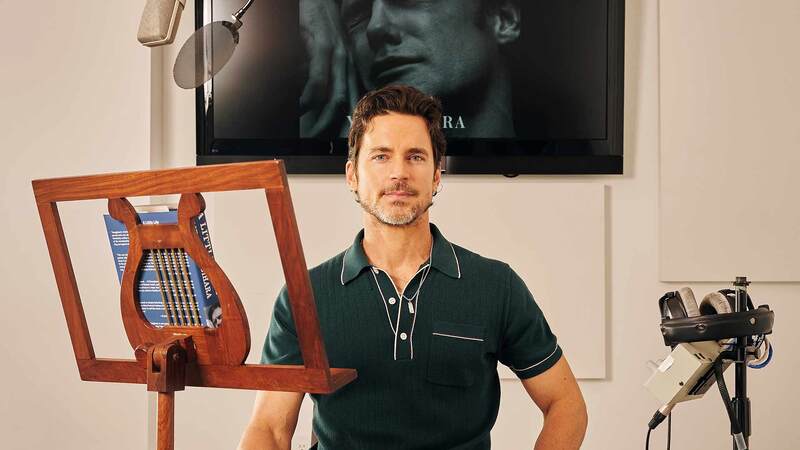You are viewing your 1 free article this month. Login to read more articles.
Be wary of 'sexy' tech, says Tribe
Educational publishers should be focusing on technology that can actively help improve teaching and learning as opposed to the “sexy" new developments such as artificial intelligence (AI) and virtual reality (VR), Hodder Education m.d Lis Tribe has told The Bookseller's FutureBook conference.
Giving one of the keynotes speeches in the EdTech stream, the president of the Publishers Association discussed how “blended learning” had become a reality in a lot of classrooms. Although more digital change is to come with "sexy" new developments such as AI and VR, Tribe said schools are instead set to spend money on products decision makers are able to measure the impact of, especially those that "help improve teaching and learning and those things that work behind the scenes.”
Tribe called for more research to be done into how technology is being used in schools, saying that if it is used wrongly it can be "worse than useless". She also said that very often digital change has led to increased workloads for teachers. “Technology is not a panacea. It’s not a solution in itself”, she said. She added that sometimes too much emphasis is placed "the tech [part of EdTech] and not the ‘Ed’ part.”
Tribe also underlined that schools were very “risk averse [school] institutions”.
“In every stage of the [schooling] system there is high stakes assessment, when you have to be able to prove how effective you are at making progress for your pupils - all of that is a thing to bear in mind [when considering what technology would be useful in schools,” she said.
Having said that, publishers' exploitation of digital is improving, Tribe said, with larger publishers “getting on with a greater digital delivery of what we do”. For educational publishers in the PA, the proportion of digital sales have “doubled significantly” in the last five years, the Hodder Education chief added.
Meanwhile, Edwin Scholte, c.o.o. and c.f.o. of McGraw-Hill Education, discussed the “delicate balance” in the education sector between economics and making a social impact.
“Education is one of areas where we truly can make a difference not just in perople's personal lives but in economies on a country level", he said. "In my role I’m privileged to spend time with ministries of education where we think of how we improve employability, and how can we use education to drive employability which will drive GDP growth. Education is one of few markets and industries that is truly global in nature… it's a large global market, and there's money available in system.”
Scholte also said that difficulties with institutional change meant it is not always easy to roll out new technology.
"The real challenge is that institutional change is really difficult", he said. "This is not an industry that change is going to happen fast. Whenever we speak to investors and stakeholders they ask 'why don’t you move to digital and roll it out to wider institutions who will just accept it?'. [The reason is] there are many institutional barriers we need to overcome."
He added: "The complexity of industry which multiple streams through which capital flows - stakeholders, professors, teachers, students - means it's not easy and quick to change and that means adoption of new technology is not very easy and fast."
He said those that will make the "true impact" in the sector will focus on "changing the game".
"Changing in increments is what has been done for decades… if you truly want to make an impact you've got to think about change the game. You've got to truly understand how learning works and then change learning processes which will improve graduation rates and ultimately improve employability."
He added: "What’s really exciting is that we here in this industry have an opportunity to shape the future of education - that’s what it’s all about."

















